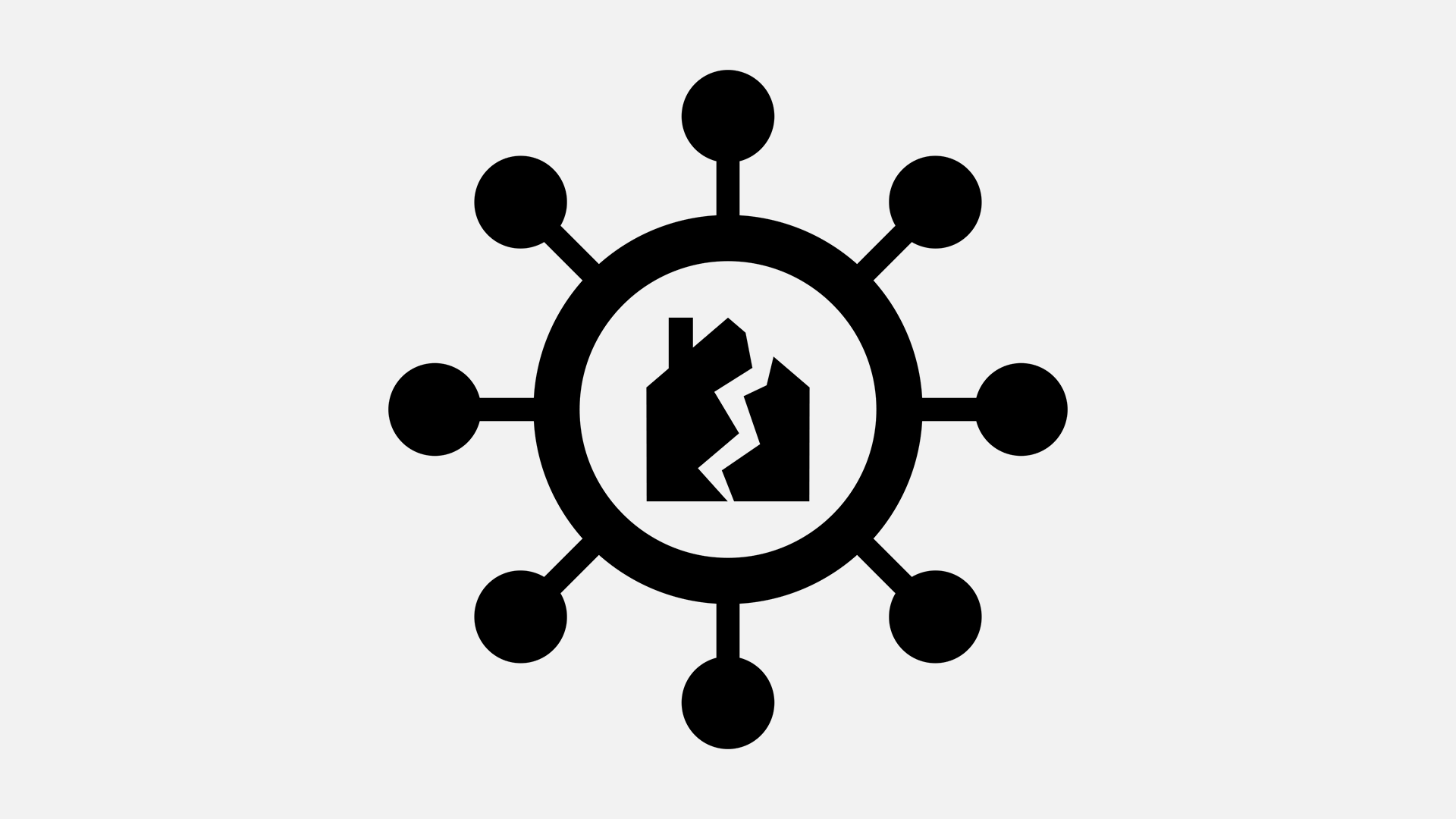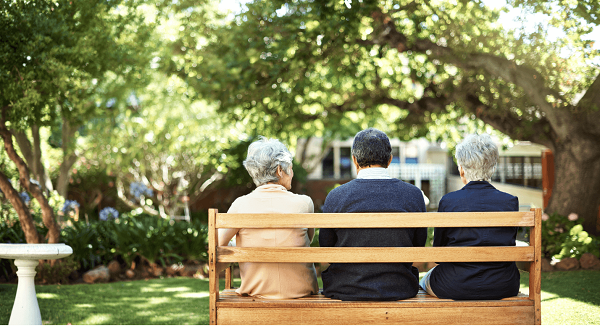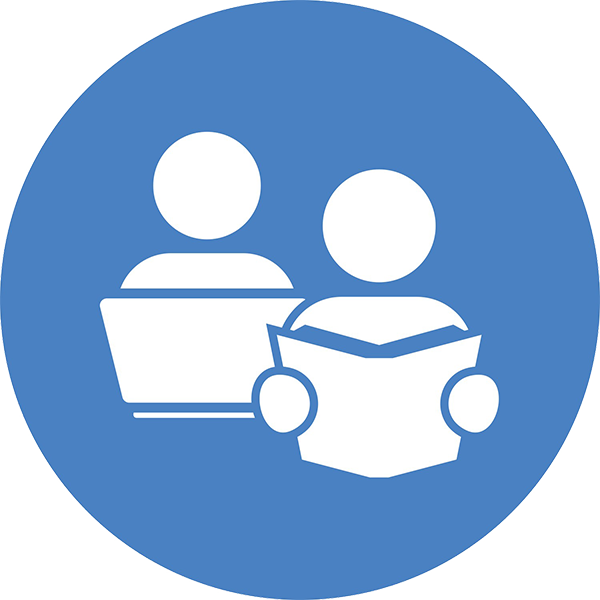If you are in distress, you can call or text 988 at any time. If it is an emergency, call 9-1-1 or go to your local emergency department.
Tips and resources: Being in an abusive home during COVID-19
Public health measures to fight COVID-19 have forced most of us to isolate indoors. But for persons living in an abusive home, confinement can have serious consequences. If you’re isolated with an abuser, use these tips and resources to protect your physical and psychological well-being. Safety planning Your physical safety is the top priority. If you or your children are in immediate danger, call 9-1-1. Take steps to protect yourself in advance. Create a practical, personalized plan to maximize your safety — whether you’re confined or need to escape. Things to consider when building your safety plan: This online guide can help you build a more extensive safety plan. Self-care and self-talk Focusing on self-care when you’re in an abusive relationship may be challenging — especially at home, where it’s often difficult or unsafe to prioritize your own needs — but your mental health matters. Treat yourself with kindness and respect. It’s vital for managing stress and protecting your psychological safety. Self-care ideas to consider: Monitoring what you tell yourself is also important. Practise positive self-talk to remind yourself of your worth and hone your ability to shift more naturally to positive thoughts. Example Instead of saying: Try: Other resources
SHARE THIS PAGE
RELATED

![]()
